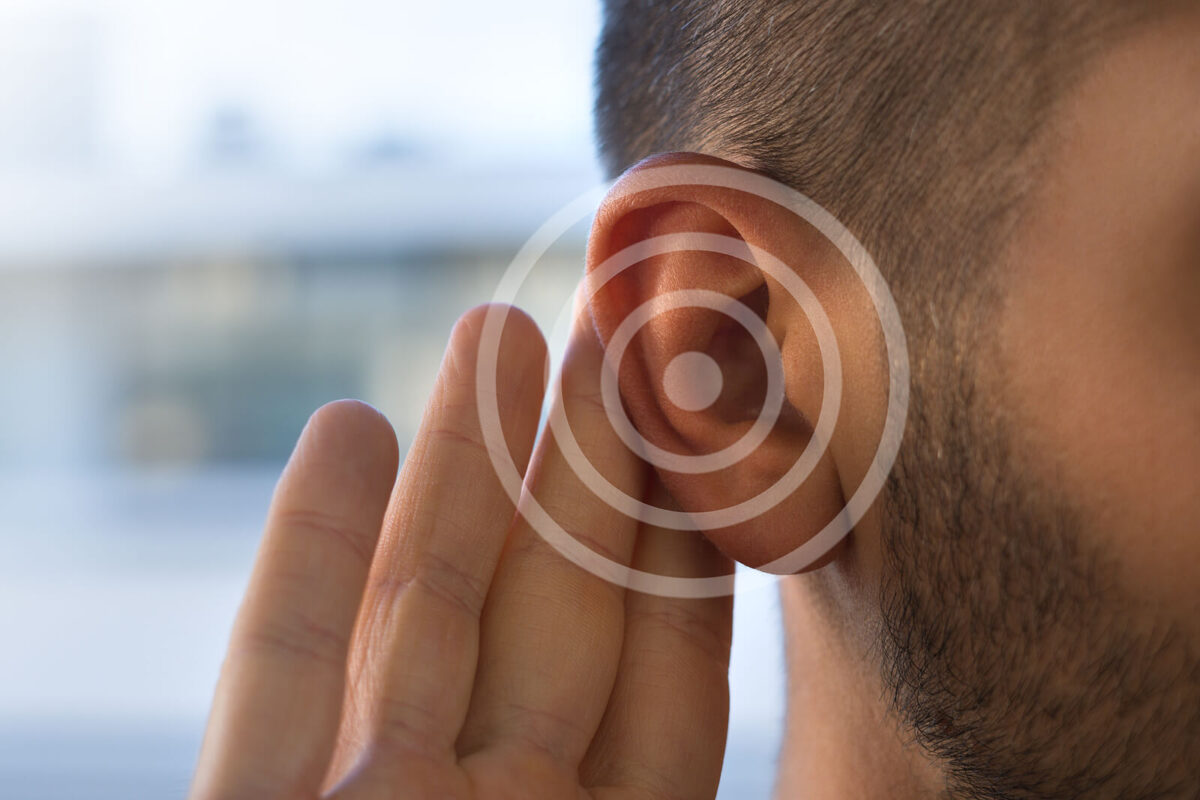Tinnitus is a condition in which individuals experience ringing, buzzing, or other noises in one or both ears. This condition can be troubling and, at times, impact daily living. By learning about the common signs of tinnitus, it is possible to recognize and understand this condition better.
Ringing in the Ears
One of the most noticeable signs of tinnitus is hearing a ringing sound in the ears. This ringing can vary in pitch and intensity and may come and go. It might be loud or soft, but it typically doesn’t come from an external source. This persistent sound can disrupt concentration and make it difficult to hear external noises.
Besides ringing, tinnitus may also manifest as a buzzing or humming noise. This can feel like tools are humming in the background or gentle buzzing, similar to the sound of insects. This sound can be particularly disturbing in quiet environments, making the silence feel far from peaceful.
Roaring, Whooshing Noises, Etc.
Some individuals with tinnitus report hearing roaring or whooshing noises. This sound can be similar to the noise made by ocean waves crashing on the shore or a strong wind blowing. It can be continuous or might pulse in time with the heartbeat, creating a rhythmic disturbance. Such noises often make it hard to focus and can even interfere with restful sleep.
Tinnitus can also be characterized by clicking or pulsing sounds. Pulsatile tinnitus, for example, involves rhythmic noises that often align with one’s heartbeat. This can be due to changes in blood flow or issues within the ear’s vascular structures. Clicking sounds, like those produced by muscle spasms in the ear, are often described as rapid, repetitive noises.
Another common sign is high-pitched squeals that are continuous or intermittent. These squeals can be sharp and piercing, making it hard to ignore them. This type of tinnitus is often associated with exposure to loud noises, ear infections, or age-related hearing loss.
Difficulty Hearing
Tinnitus can also cause difficulty in hearing external sounds. The constant internal noise can drown out conversations, making it challenging to follow along, especially in noisy environments. Over time, this can lead to frustration and social withdrawal, as engaging in conversations becomes more tiring.
People with tinnitus may also experience increased sensitivity to certain sounds, known as hyperacusis. Everyday sounds might seem unbearably loud, causing discomfort or pain. This heightened sensitivity can lead to avoiding noisy places, which in turn can affect one’s social interactions.
Impact on Sleep and Concentration
The sounds associated with tinnitus can make it hard to fall asleep or stay asleep. The constant noise in the ear can prevent relaxation, leading to insomnia or restless nights. Furthermore, these persistent sounds can also interfere with concentration. Tasks that require focus can become much harder to complete efficiently.
Living with tinnitus can lead to emotional distress. The relentless noise can contribute to feelings of irritation, anxiety, and, in some cases, depression. Understanding the emotional impact of tinnitus is crucial as it can affect overall well-being and mental health.
Seeking Professional Help
Recognizing these common signs of tinnitus is the first step toward managing the condition. Seeking help from a hearing health professional is essential. We can provide a diagnosis, offer treatment options, and suggest coping strategies to help alleviate the symptoms. Contact us today to learn more!

